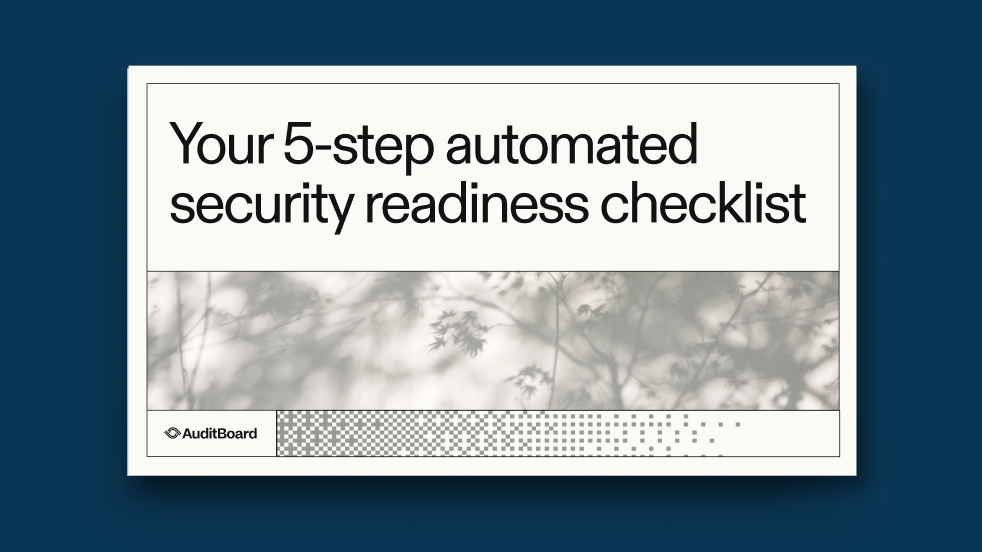[Geopolitical risk is at the top of the CEO agenda](https://www.mckinsey.com/capabilities/risk-and-resilience/our-insights/how-to-build-geopolitical-resilience-amid-a-fragmenting-global-order)Geopolitical risk is at the top of the CEO agenda** according to a late 2022 study by McKinsey & Company, which found that “In the face of fragmentation and uncertainty, many business leaders are responding by intensifying their focus on resilience.” Geopolitical uncertainty has for several years been ranked by Chief Audit Executives as one of the top risks facing organisations, as evidenced by its elevation last year from seventh biggest risk to third in the Chartered Institute of Internal Auditors’ annual
Risk in Focus survey.
However, despite its growing prominence and severity, geopolitical uncertainty is still the risk that internal audit spends the least time auditing, according to a new research report by the Chartered Institute of Internal Auditors (CIIA), Association of Insurance and Risk Managers in Industry and Commerce (Airmic), and AuditBoard.
Identifying geopolitical risks — including the upside risks to geopolitics.
Tools, frameworks, and approaches for risk and internal audit professionals to effectively collaborate when responding to geopolitical risks.
Case studies based on geopolitical scenarios either happening now or on the horizon, including Conflict Involving China, Cybersecurity and Geopolitics, the War in Ukraine, Climate Change, and more.






